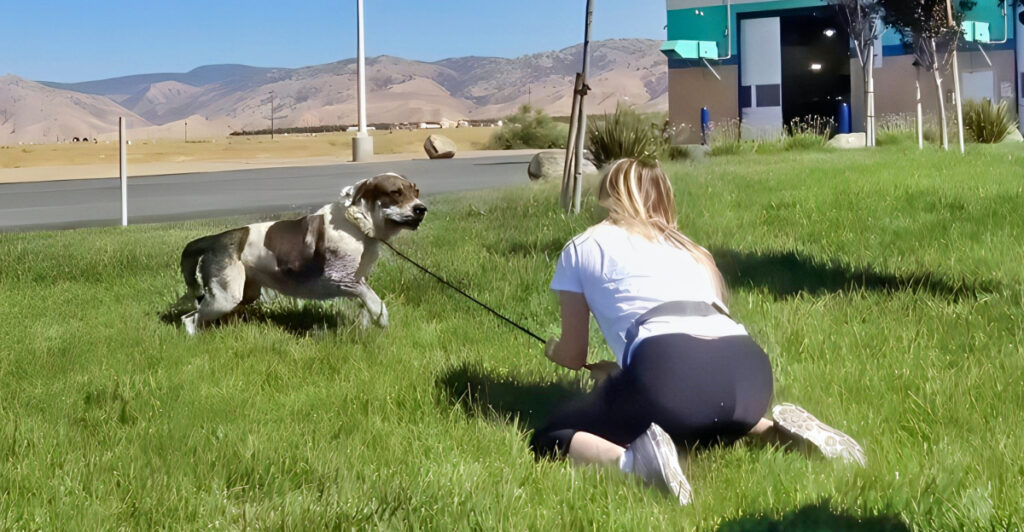
Discover the challenges some trainers face when working with certain dog breeds. These choices aren’t about favoritism but involve practical concerns like difficulty, temperament, and safety. While every dog is unique, some breeds require specialized expertise or care that not all trainers provide.
Chow Chow: A Stubborn Streak

Chow Chows are known for their independent and aloof nature. While loyal to their families, they can be challenging for trainers due to their stubbornness and territorial tendencies. Trainers often require extensive time to earn trust and work through their natural resistance to authority. Proper socialization from a young age can help Chow Chows become well-mannered companions.
Afghan Hound: The Cat-Like Dog

With their aloof personality and high intelligence, Afghan Hounds resemble cats in their demeanor. They are notoriously difficult to motivate, often disregarding commands unless they find a task personally rewarding. Trainers may avoid them because they demand patience and creativity to engage effectively. Their beauty and grace, however, make them cherished by dedicated owners.
Akita: Fiercely Independent

Akitas are strong, loyal, and independent, but their assertiveness can make them challenging for trainers. Their protective instincts require firm, consistent guidance to avoid territorial behaviors, and trainers unfamiliar with their unique traits may find them unyielding. Proper training from an early age is crucial for fostering their impressive loyalty and control.
Basenji: The Escape Artist

Known for their silence and intelligence, Basenjis are clever and resourceful escape artists. They can be difficult for trainers because they’re easily distracted and quick to find loopholes in commands. Their independence and curiosity make them a delight but also a challenge for trainers unprepared for their unique traits.
Jack Russell Terrier: The Tiny Tornado
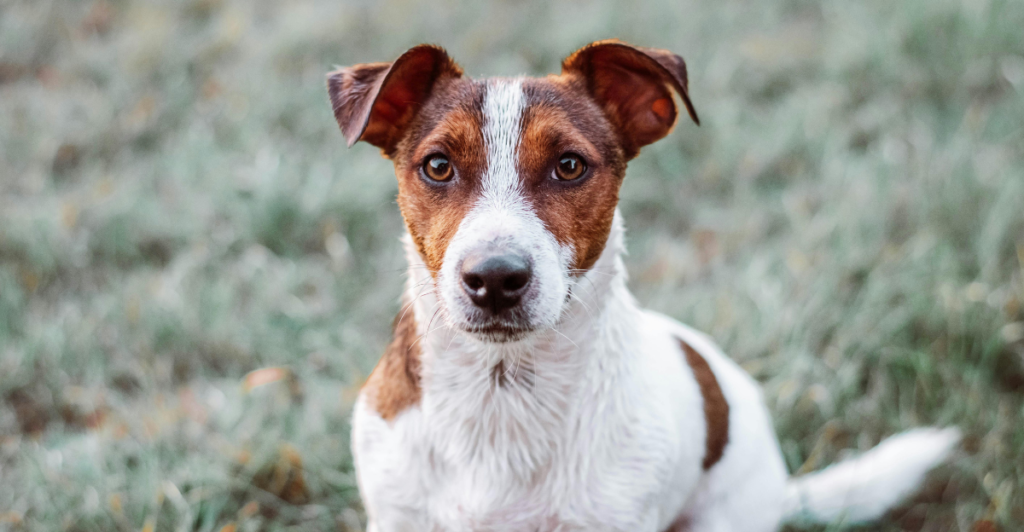
Small but mighty, Jack Russells pack a big personality into a tiny frame. Their high energy and relentless curiosity can make training sessions feel like a whirlwind. Trainers sometimes hesitate to work with them due to their determination to follow their instincts—especially when it comes to chasing anything that moves. Their boundless energy suits experienced, active dog lovers.
Siberian Husky: A Spirited Adventurer
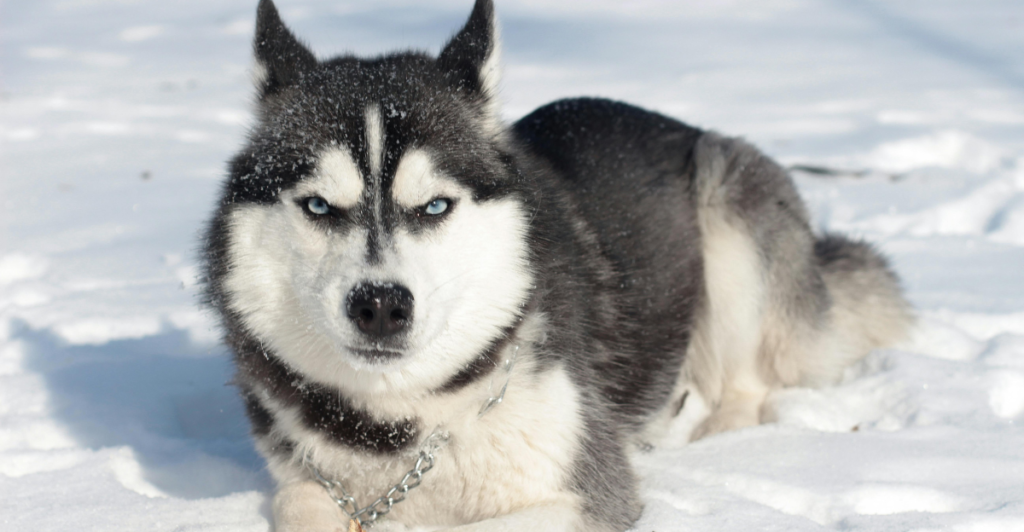
Huskies are beloved for their high energy and friendly demeanor, but their stubbornness can test even seasoned trainers. They’re escape artists with a mind of their own, often ignoring commands if they see a better opportunity. Trainers who lack experience with their energy levels may find them overwhelming.
Belgian Malinois: High Drive, High Demands
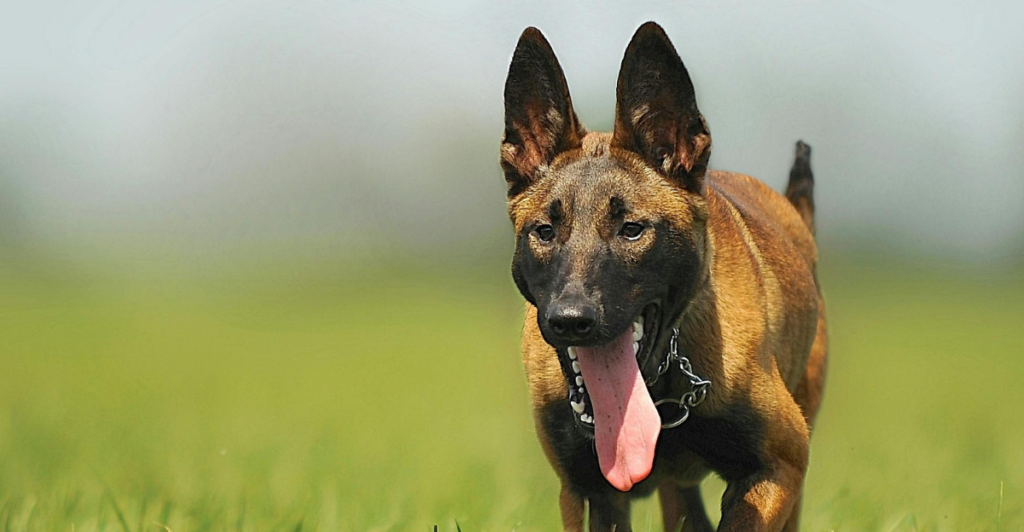
Belgian Malinois dogs are often used in police and military roles because of their intelligence and energy. However, they require constant stimulation and firm guidance, making them unsuitable for novice trainers. Their intense energy can lead to destructive behaviors without the proper environment, so many trainers are cautious about working with them.
Great Dane: The Gentle Giant

Great Danes are often sweet-natured, but their size can be daunting during training sessions. Trainers may refuse to work with them if they lack experience handling large, strong breeds. A poorly trained Great Dane can unintentionally overpower someone, emphasizing the importance of early and practical training for these gentle giants.
Shar Pei: A Unique Challenge
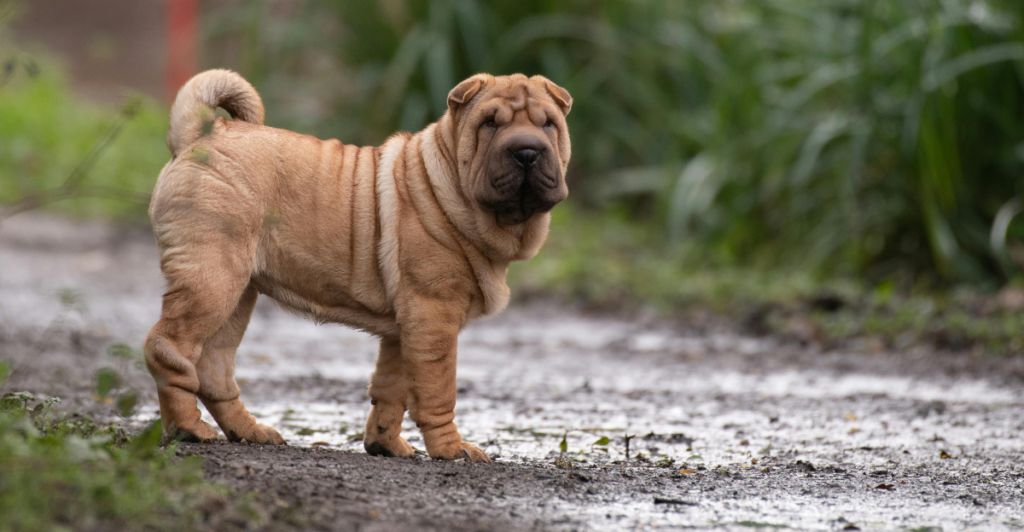
Shar Peis are independent and sometimes aloof, making training slow and meticulous. Their strong-willed nature can clash with traditional training methods. Trainers need patience and creativity to adapt to their specific temperament, which can be difficult without the proper experience. Early socialization is vital for these wrinkly wonders.
Alaskan Malamute: Endless Energy

Closely related to Huskies, Alaskan Malamutes are hardworking and energetic. Their strong prey drive and high stamina can make training them daunting. Trainers may hesitate to work with them because they need constant physical and mental stimulation. When properly guided, however, they’re loyal and dependable companions.
Weimaraner: The Velcro Dog

Weimaraners are nicknamed “Velcro dogs” for their strong attachment to owners. However, this trait can pose challenges in training. Trainers may struggle with their separation anxiety and high energy levels. Without enough exercise and mental stimulation, they can become destructive. Weimaraners excel with trainers who tailor their methods to meet this breed’s emotional needs.
The Final Word on Challenging Breeds
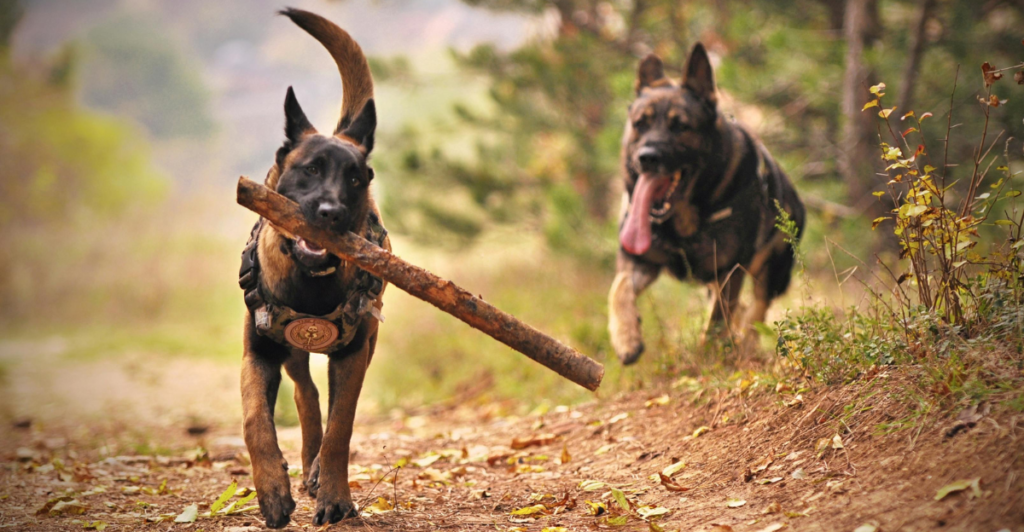
These breeds aren’t “bad” but often require specialized training and handling. Trainers avoid certain breeds not out of dislike but due to the specific challenges they present. Understanding a dog’s temperament and needs is essential in a harmonious relationship. With the right owner or trainer, any breed can thrive.
Stay connected with us for more stories like this! Follow us to get the latest updates or hit the Follow button at the top of this article, and let us know what you think by leaving your feedback below. We’d love to hear from you!







